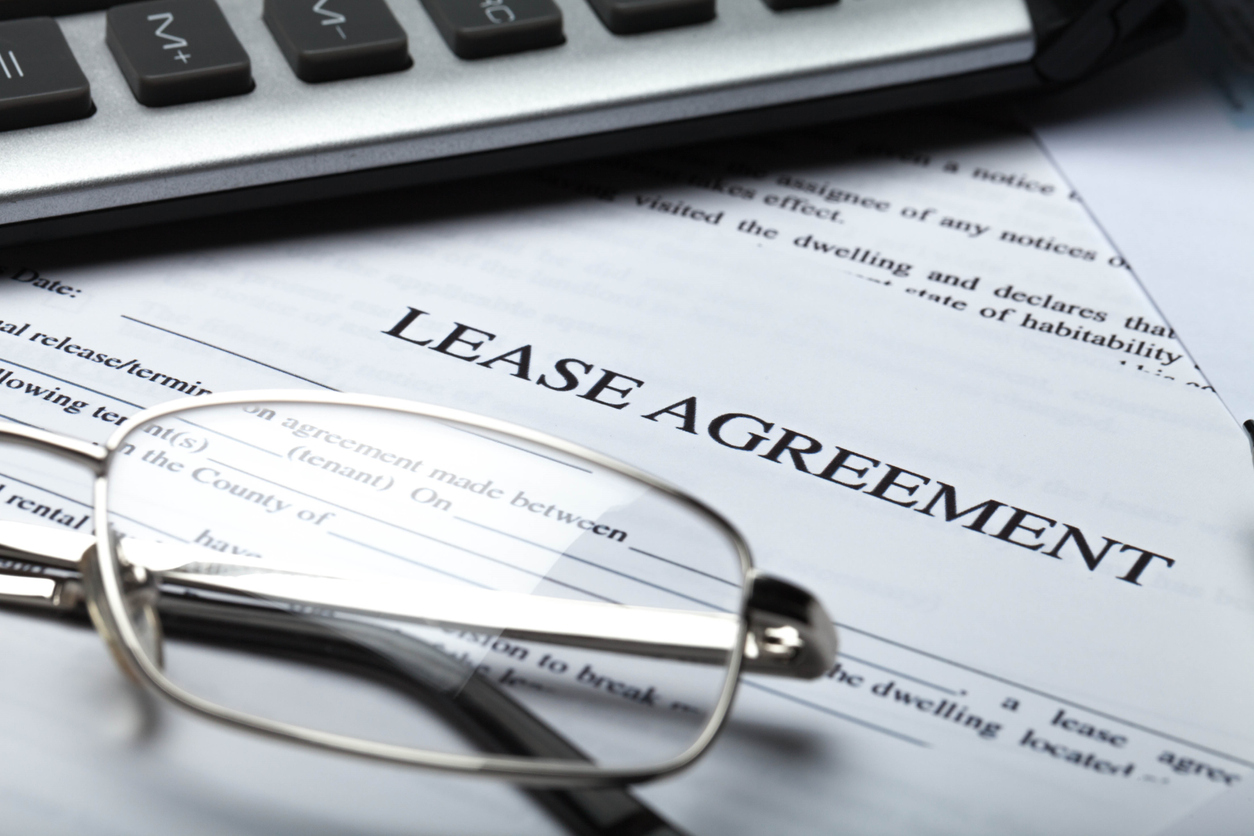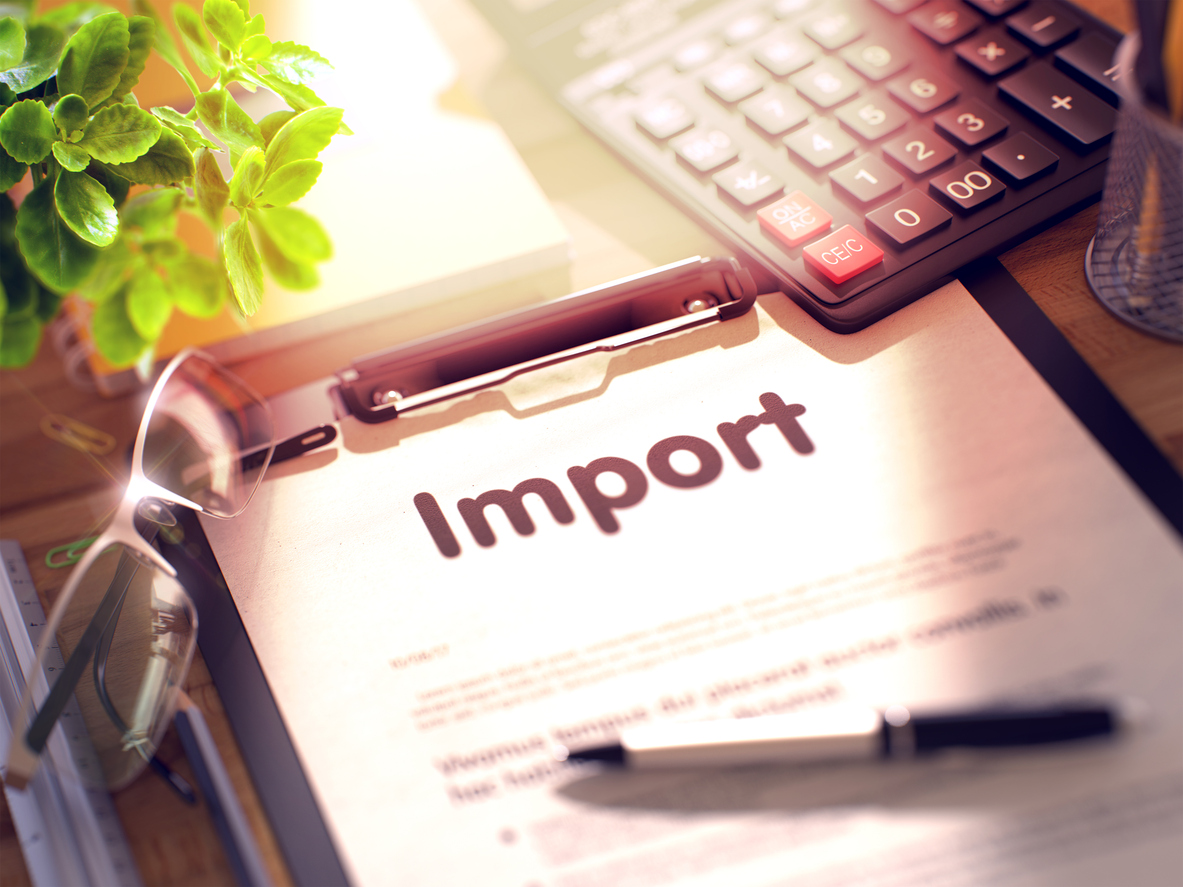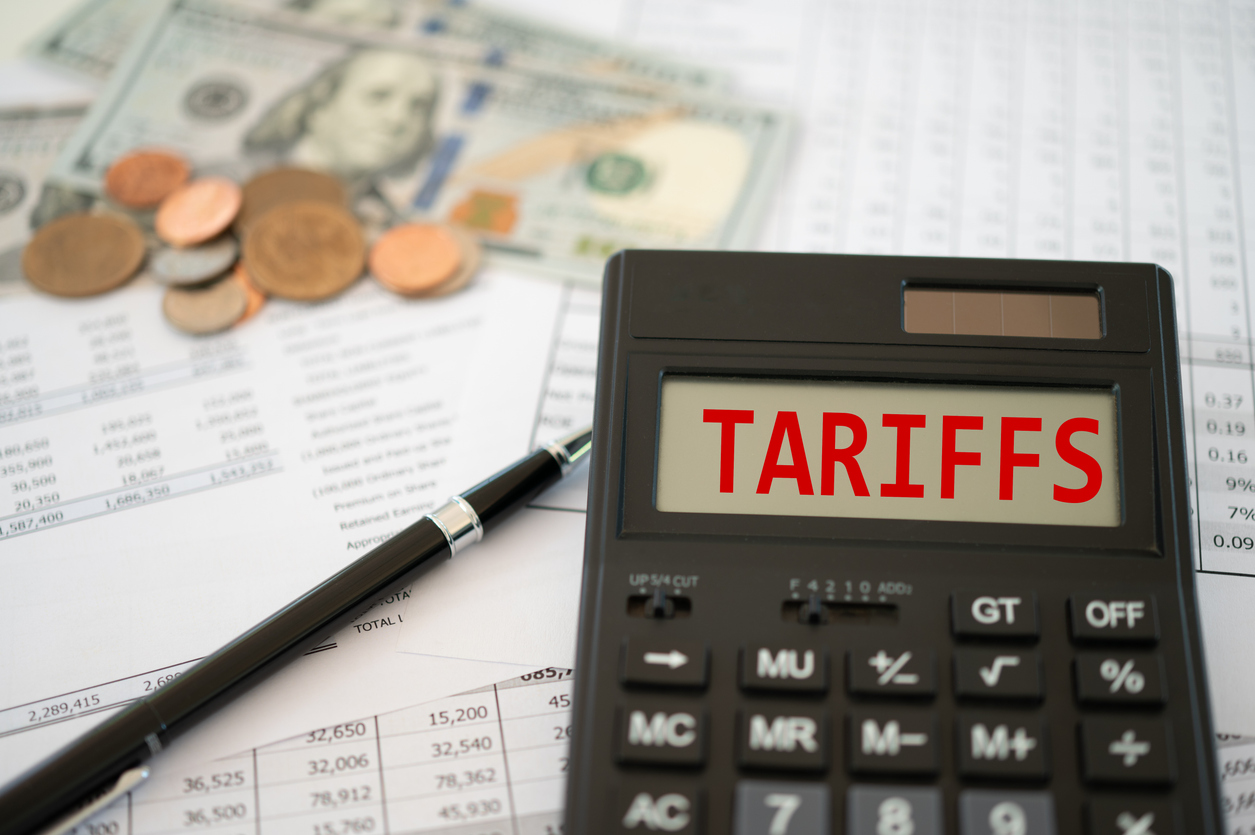Understanding the Key Components of a Lease Agreement in Ghana with Wigmore Trading
Understanding the Key Components of a Lease Agreement in Ghana with Wigmore Trading
Are you considering leasing a property or entering into a lease agreement in Ghana? Look no further, because we have got you covered! In this blog post, we will unravel the mysteries surrounding lease agreements and give you an in-depth understanding of their key components. Whether you are a tenant or a landlord, having knowledge of these crucial elements is essential for ensuring smooth transactions and avoiding any unforeseen complications down the line. So, join us as we partner with Wigmore Trading to navigate through the intricacies of lease agreements in Ghana and empower yourself with valuable insights that will make your leasing journey a breeze!
Introduction to Lease Agreements in Ghana
Introduction to Lease Agreements in Ghana
A lease agreement is a legally binding contract between a landlord and a tenant. In Ghana, lease agreements are governed by the Rent Control Act 1986 (Act 220) and the Landlord and Tenant Act 1963 (Act 220).
Lease agreements in Ghana are essential for both landlords and tenants as they outline their rights, responsibilities, and expectations during the tenancy period. These agreements ensure that there is clarity and transparency between both parties, helping to prevent conflicts or misunderstandings.
Types of Lease Agreements
There are two main types of lease agreements in Ghana – residential leases and commercial leases. Residential leases are used for renting out residential properties such as houses, apartments, or rooms. On the other hand, commercial leases are used for renting out business properties such as offices or retail spaces.
Key Components of a Lease Agreement
1. Parties Involved: A lease agreement should clearly state the names of both parties involved – the landlord (lessor) and the tenant (lessee). This helps to establish who is responsible for what under the terms of the agreement.
2. Property Details: The property details section should include a detailed description of the property being leased out, including its address, size, amenities included, etc.
3. Rental Amount: The rental amount is one of the most critical components of a lease agreement as it outlines how much rent must be paid by the tenant each month.
The Role of Wigmore Trading in Drafting Lease Agreements
Wigmore Trading is a leading real estate company in Ghana that specializes in leasing properties for both residential and commercial purposes. As part of their services, they also provide assistance in drafting lease agreements between landlords and tenants. In this section, we will discuss the important role that Wigmore Trading plays in ensuring a legally binding and comprehensive lease agreement is put in place.
1. Expertise in Real Estate Laws:
Lease agreements are governed by various laws and regulations that vary from state to state. It can be challenging for individuals without prior knowledge or experience to navigate these legal complexities. However, Wigmore Trading has a team of experienced professionals who have an excellent understanding of the real estate laws in Ghana. They are well-versed with all the necessary legal requirements to ensure that the lease agreement is valid and enforceable.
2. Customized Lease Agreements:
Each property has its unique features, and it is crucial to consider these factors while drafting a lease agreement. Wigmore Trading takes into account all the specific details of the property being leased, such as location, condition, amenities, etc., while preparing the lease agreement. This ensures that the terms and conditions mentioned in the agreement are tailored to suit both parties’ needs.
Key Components of a Lease Agreement:
A lease agreement is a legally binding contract between a landlord and a tenant, outlining the terms and conditions of renting a property. In Ghana, lease agreements are commonly used for both residential and commercial purposes. It is essential to have a thorough understanding of the key components of a lease agreement before signing it to ensure that all parties are protected.
Here are the key components of a lease agreement in Ghana:
1. Tenant and Landlord Information:
The first section of a lease agreement should include the names and contact information of both the tenant(s) and landlord(s). This includes full names, addresses, phone numbers, and email addresses. It is crucial for both parties to provide accurate information as it will be used for communication throughout the tenancy period.
2. Property Description:
This section outlines the specific details of the property being leased, including its address, size or dimensions, number of rooms or units, amenities included (e.g., parking space), etc. It is important to carefully review this section to ensure that all relevant details are accurately stated.
3. Lease Term:
The term refers to the duration for which the property will be leased out. The start date and end date should be clearly stated in this section. The standard term in Ghana is 6 months or 1 year; however, it can be negotiated between both parties.
– Parties involved and their roles/responsibilities
Parties involved in a lease agreement are the landlord and tenant. However, there may be other parties that could also play a role in the lease agreement, such as property managers or agents. In this section, we will discuss the roles and responsibilities of these parties in a lease agreement in Ghana.
1. Landlord:
The landlord is the owner of the property being leased out to the tenant. Their main responsibility is to provide a habitable space for the tenant to live in, which includes ensuring that basic utilities such as water and electricity are available. The landlord must also maintain the property and make any necessary repairs or renovations during the tenancy period.
In addition to providing a livable space, it is also the landlord’s responsibility to clearly state all terms and conditions of the lease agreement. This includes specifying the duration of the lease, rent amount, security deposit, and any other fees or charges that may apply.
Furthermore, landlords are responsible for collecting rent from tenants on time and enforcing rules and regulations outlined in the lease agreement. They must also protect their tenants’ privacy by not entering their rented space without prior notice except for emergencies.
2. Tenant:
The tenant is an individual or group who rents out a property from a landlord for an agreed-upon period. As per Ghanaian law, tenants have certain rights when leasing a property. These include:
– The right to peaceful enjoyment: Tenants have a right to privacy and should not be disturbed by landlords unnecessarily.
– Property details and descriptions
When entering into a lease agreement, one of the most important factors to consider is the property details and descriptions. This section of the lease agreement outlines specific information about the property being rented, including its location, size, and condition.
Location:
The first detail that should be included in this section is the exact location of the property. This should include both the physical address and any relevant landmarks or nearby amenities. It is essential for renters to know where their potential new home or business will be located in order to assess accessibility and convenience.
Size:
The next aspect that should be clearly stated in this section is the size of the property. This includes both square footage and number of rooms. The dimensions of each room should also be specified to give renters an accurate idea of how much space they will have to work with.
Condition:
Describing the condition of a property is crucial as it can affect a prospective renter’s decision to enter into a lease agreement. The description should cover all areas of the property, including interior and exterior features such as paint, flooring, appliances, fixtures, landscaping, etc. Any damages or repairs needed should also be noted in this section so that both parties are aware before signing.
Amenities:
Many properties come with additional amenities such as parking spaces, laundry facilities, swimming pools or gyms which may influence a renter’s decision-making process. These amenities should be listed in detail along with any associated costs or fees for use.
– Duration and rent payment terms
Duration and Rent Payment Terms:
The duration and rent payment terms are crucial components to understand in a lease agreement. This section outlines the length of the lease and how much rent is required to be paid by the tenant.
Duration of Lease:
The duration or length of a lease refers to the time period for which the property will be rented out to the tenant. In Ghana, this can vary from one year to multiple years depending on what is agreed upon by both parties. It is important for tenants to carefully consider their needs before signing a lease with a fixed term, as it may not be possible to break the contract without consequences.
It is also important to note that there may be an option for renewal at the end of the initial lease term. This should be clearly stated in the agreement, along with any conditions or changes that may apply during such a renewal.
Rent Payment Terms:
Rent payment terms refer to how much rent is required by the landlord and when it should be paid by the tenant. In Ghana, it is common for landlords to require advance payment of rent before allowing tenants access to their property. This can range from one month’s rent up to a year’s worth of rent, depending on what has been agreed upon in the lease agreement.
In addition, there are three main types of rental payments: monthly, quarterly, and annually. Monthly payments are due every month on a specified date while quarterly payments are due every three months. Annual payments are due once per year.
– Security deposit and maintenance obligations
The security deposit and maintenance obligations are important components of a lease agreement that both the landlord and tenant should have a clear understanding of. In this section, we will discuss what these terms mean, their purpose, and how they can be enforced in Ghana.
Security Deposit:
A security deposit is an amount of money paid by the tenant to the landlord at the beginning of the lease agreement. This serves as a form of protection for the landlord against any damages or unpaid rent during the tenancy period. The amount of security deposit is usually equivalent to one or two months’ rent but can vary depending on individual agreements.
Purpose:
The main purpose of a security deposit is to provide landlords with financial security in case there are any damages or unpaid rent at the end of the tenancy period. It also acts as an incentive for tenants to take care of the property during their stay.
Enforcement:
In Ghana, landlords are required to keep the security deposit in a separate bank account and return it to the tenant at the end of their tenancy, minus any deductions for damages or unpaid rent. According to Section 28(5) of Rent Control Act (Act 220), landlords must provide proof such as receipts or bank statements showing that they have deposited the security deposit into an account solely designated for this purpose.
Maintenance Obligations:
Maintenance obligations refer to responsibilities that both parties have towards keeping the property in good condition throughout the tenancy period.
– Termination clauses and penalties
Termination clauses and penalties are an important aspect to consider when entering into a lease agreement in Ghana. These clauses outline the rights and responsibilities of both the landlord and tenant in case of early termination of the lease agreement. They also specify the consequences that may arise from breaking the terms of the agreement.
In Ghana, there are two types of termination clauses commonly used in lease agreements: mutual termination clause and unilateral termination clause.
Mutual Termination Clause:
This type of clause allows for both parties, i.e. the landlord and tenant, to terminate the lease agreement before its expiration date with mutual consent. This means that both parties must agree to end the lease before it is due to end. This clause is usually included to provide flexibility for unforeseen situations such as job relocations or changes in personal circumstances.
However, it is important to note that mutual termination may come with certain conditions such as payment of a penalty fee or giving a notice period before terminating the agreement. These conditions should be clearly stated in the lease agreement to avoid any disputes between both parties.
Unilateral Termination Clause:
On the other hand, a unilateral termination clause gives only one party – either the landlord or tenant – the right to terminate the lease without having to obtain consent from the other party. In most cases, this right is granted to landlords as they are considered as owners of their property and have more at stake if tenants break their obligations under the agreement.
Tips for Negotiating a Favorable Lease Agreement with Wigmore Trading
When negotiating a lease agreement with Wigmore Trading in Ghana, it is important to understand the key components and terms of the agreement. This will help you negotiate a favorable lease that meets your needs and protects your interests. Here are some tips to keep in mind when negotiating a lease agreement with Wigmore Trading:
1. Understand the Duration of the Lease:
The first thing you should consider when negotiating a lease agreement with Wigmore Trading is the duration of the lease. In Ghana, leases typically range from 6 months to 3 years, but can be longer depending on your specific needs. It is important to determine how long you will need the space for and negotiate a duration that works best for both parties.
2. Clarify Rent Payment Terms:
Another crucial aspect of negotiating a favorable lease agreement with Wigmore Trading is clarifying rent payment terms. This includes determining the amount of rent, how often it will be paid (monthly or quarterly), and what forms of payment are accepted. You may also want to discuss potential rent increases over time and include provisions for renegotiating rent if necessary.
3. Consider Additional Fees:
Aside from rent, there may be additional fees associated with leasing from Wigmore Trading such as security deposits, maintenance fees, or utility costs. Be sure to clarify these fees during negotiations so there are no surprises later on.
4. Discuss Maintenance Responsibilities:
It is important to discuss maintenance responsibilities during negotiations so that both parties are aware of their obligations throughout the duration of the lease.
Common Mistakes to Avoid when Signing a Lease
Signing a lease agreement is an essential part of the rental process in Ghana. It is a legally binding contract between the landlord and tenant that outlines the terms and conditions of the tenancy. Unfortunately, many individuals make common mistakes when signing a lease, which can lead to issues and disputes down the line. In this section, we will discuss some of the most common mistakes to avoid when signing a lease.
1. Not reading the lease thoroughly: One of the biggest mistakes tenants make is not reading through their lease agreement carefully before signing it. A lease contains important information such as rent amount, security deposit, pet policy, eviction procedure, etc., which tenants need to be aware of before committing to living in a property. By not reading through every clause and understanding its implications, tenants may find themselves facing unexpected fees or restrictions later on.
2. Not clarifying unclear terms: Sometimes, there may be certain terms in the lease that are vague or open to interpretation. Tenants should always ask for clarification from their landlord or agent if they do not understand any part of the agreement. It is crucial to have a clear understanding of all terms before signing anything.
3. Not asking for repairs: Before moving into a rental property, tenants should conduct a thorough inspection with their landlord or agent and note down any damages or issues present in the unit. Failure to report these problems may result in tenants being held responsible for them at the end of their tenancy.








Comments are closed.